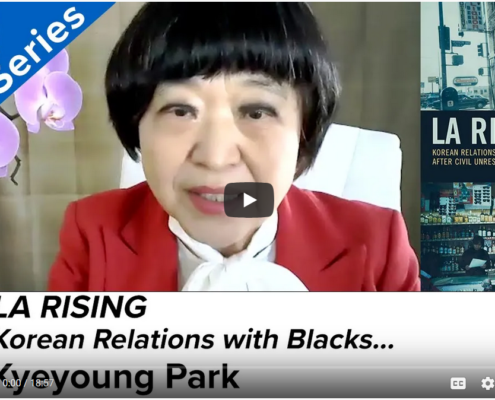
LA Social Science Book Series on Korean Intergroup Relations in LA with Professor Kyeyoung Park
In LA Rising: Korean Relations with Blacks and Latinos after…
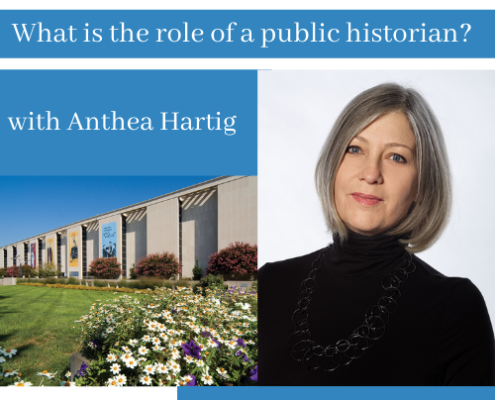
UCLA Podcast “Then & Now” Discusses the Role of a Public Historian with UCLA Alumna Anthea Hartig
UCLA's Luskin Center for History and Policy (LCHP) has continued…
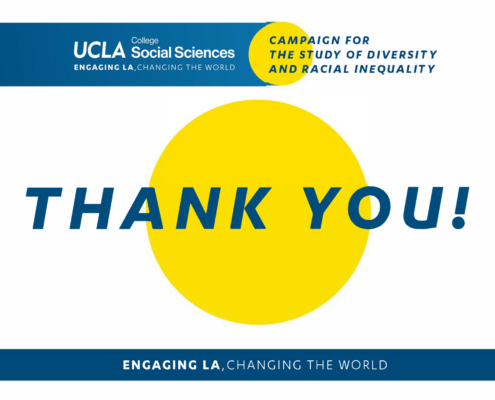
UCLA Division of Social Sciences Exceeds Campaign Goal for Dean’s Fund for the Study of Diversity and Racial Inequality
In light of the reawakened reckoning on racial justice issues…

LA Social Science Book Series About Incarcerated Indigenous Women Migrants with Professor Shannon Speed
UCLA Professor Shannon Speed's new book, Incarcerated Stories:…
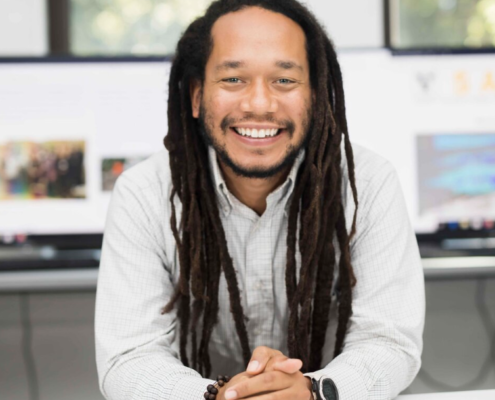
Incoming UCLA Professor Dunnavant’s Research Featured in ‘American Archaeology Magazine’
The research of Dr. Justin Dunnavant, an incoming professor in…
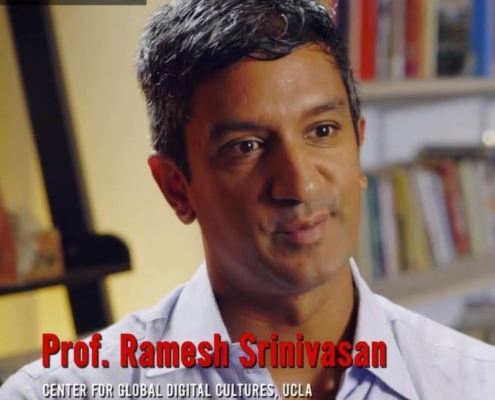
UCLA Professor Srinivasan Talks About Social Media, Trump, and Big Tech
Dr. Ramesh Srinivasan, UCLA Professor of Graduate Studies of…

LA Social Science Book Series on “The World of Plymouth Plantation” with Professor Carla Pestana
In her new book The World of Plymouth Plantation, Dr. Carla…
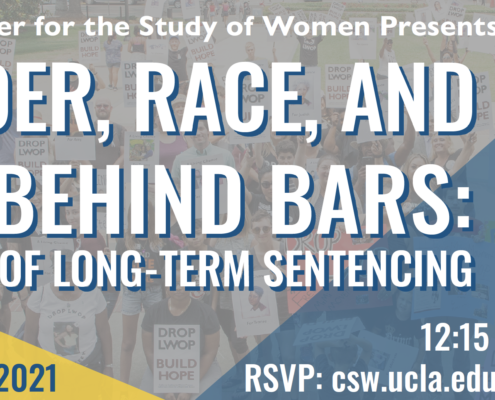
CSW Gender, Race, and Age Behind Bars: Impacts of Long-Term Sentencing Event on Feb. 3
UCLA Center for the Study of Women Presents:
GENDER, RACE,…

